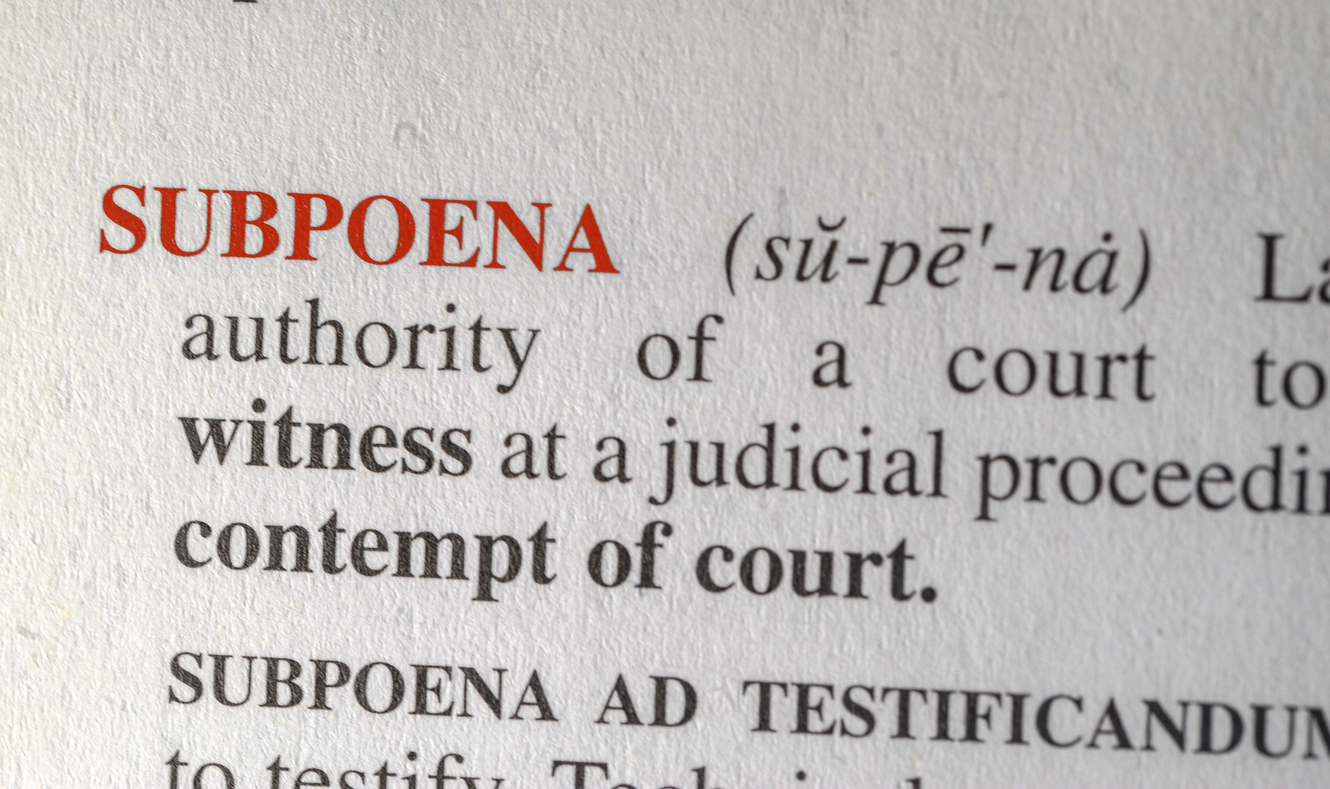Insurance companies guard claims files more closely than almost anything else. Generally, an insurer claims that the contents of its claim file are protected from disclosure by the work product privilege. While this position has found some support in appellate rulings, many insurers misunderstand these rulings and believe that anything they wish to call part of the claim file does not have to be disclosed to the policyholder.
Making the mistake of believing that anything the insurer deems to be part of the “claim file” is privileged can be costly. Many companies argue that copies of recorded statements given by an insured may be withheld simply because the copies are included in the file folder in the adjuster’s office.
While these recordings and transcripts may be included in the claim file, a policyholder in Florida has an absolute right to obtain them.
The Code of Ethics to which all Florida adjusters must subscribe provides:
An adjuster is permitted to interview any witness, or prospective witness, without the consent of opposing counsel or party. In doing so, however, the adjuster shall scrupulously avoid any suggestion calculated to induce a witness to suppress or deviate from the truth, or in any degree affect the witness’s appearance or testimony during deposition or at the trial. If any witness making or giving a signed or recorded statement so requests, the witness shall be given a copy of the statement.
This provision in the adjuster code of ethics is a mandate, not a suggestion as many adjusters seem to believe. Failure to abide by the requirements of the code, including providing a copy of a signed or recorded statement upon request, may result in administrative action against the adjuster and is considered an unfair claims settlement practice that may subject an insurer to a bad faith lawsuit.
Aside from an insurer’s ethical obligation to provide copies of recorded statements, Florida Statutes provide a potentially severe penalty for failing to provide such a record. Florida Statutes § 92.33 states:
Written statement concerning injury to person or property; furnishing copies; admission as evidence.
Every person who shall take a written statement by any injured person with respect to any accident or with respect to any injury to person or property shall, at the time of taking such statement, furnish to the person making such statement a true and complete copy thereof. Any person having taken, or having possession of any written statement or a copy of such statement, by any injured person with respect to any accident or with respect to any injury to person or property shall, at the request of the person who made such statement or his or her personal representative, furnish the person who made such statement or his or her personal representative a true and complete copy thereof. No written statement by an injured person shall be admissible in evidence or otherwise used in any manner in any civil action relating to the subject matter thereof unless it shall be made to appear that a true and complete copy thereof was furnished to the person making such statement at the time of the making thereof, or, if it shall be made to appear that thereafter a person having possession of such statement refused, upon request of the person who made the statement or his or her personal representatives, to furnish him or her a true and complete copy thereof.
Based on the Adjuster Code of Ethics and the specific language of relevant Florida Statutes, an insurer that refuses to provide an insured with a copy of a recorded statement or EUO transcript does so at its own peril. Not only may the insurer be subject to administrative penalties and bad faith liability, the statement or recording will not be admissible for any purpose in later litigation.
While an insurer may believe it is justified in refusing to produce materials found in a claim file, simply placing a document in the file does not necessarily make it protected. Failing to provide an insured with a copy of such a statement is improper and in direct conflict with obligations to treat each policyholder with the utmost good faith and fair dealing.



